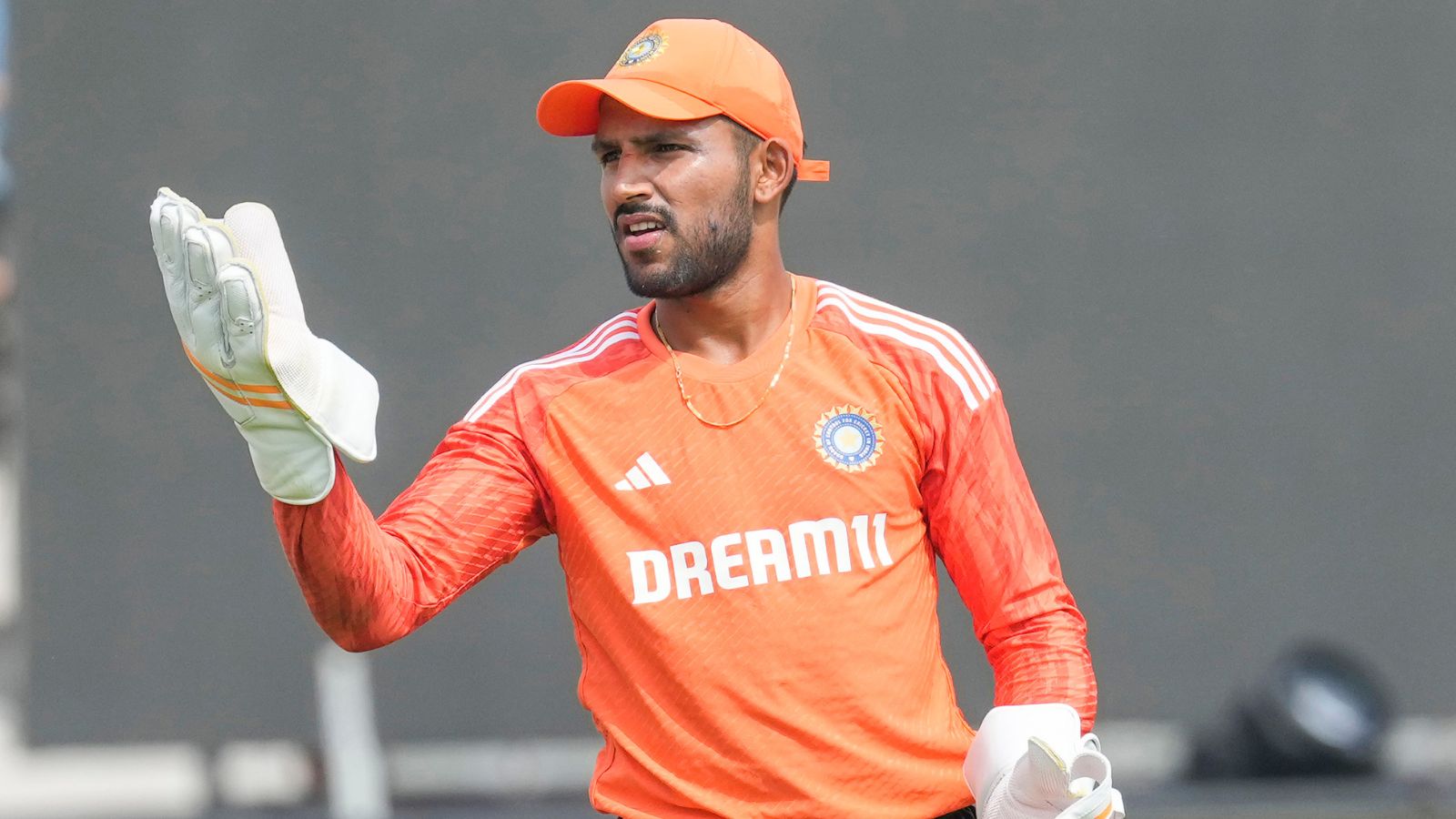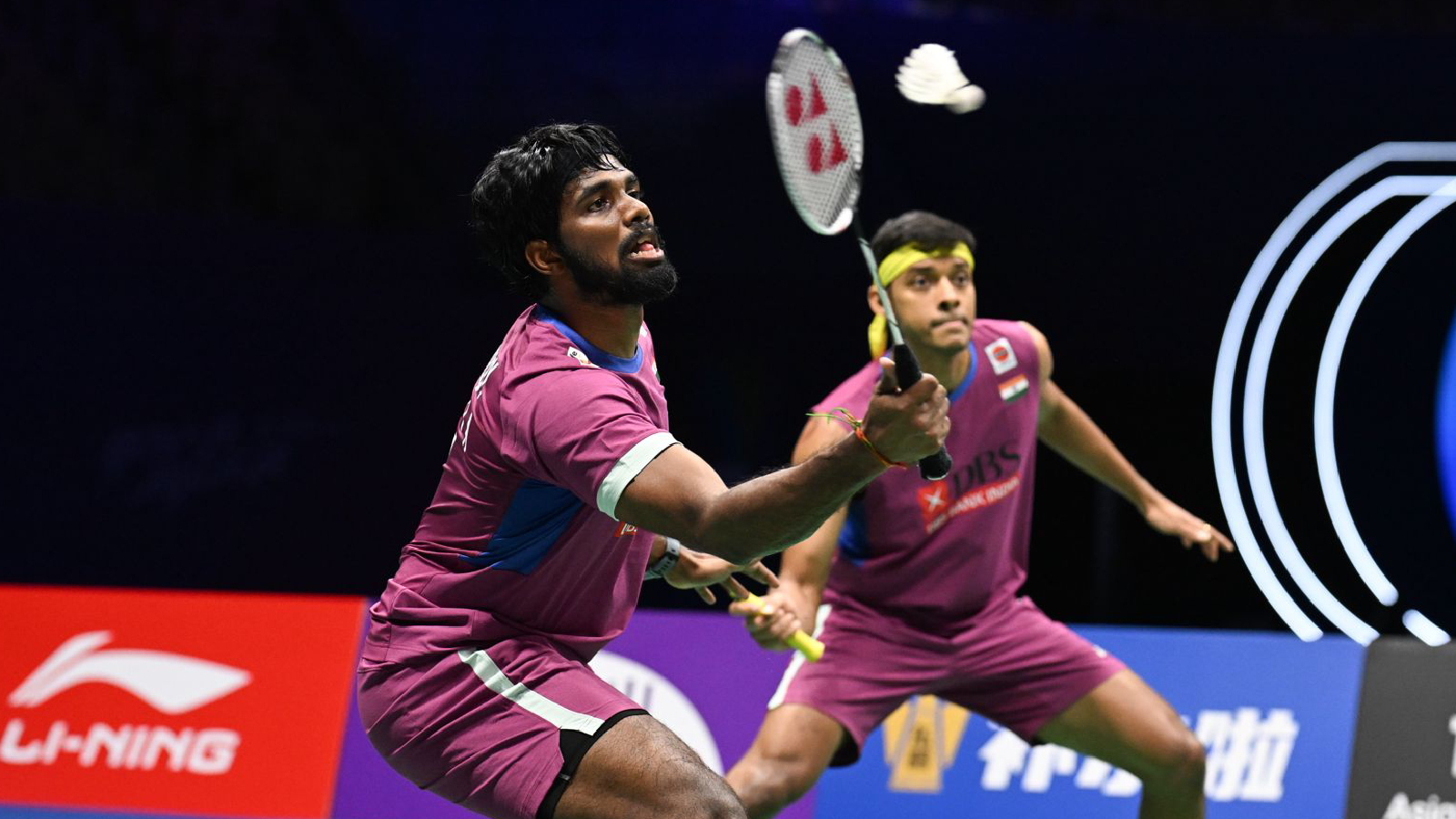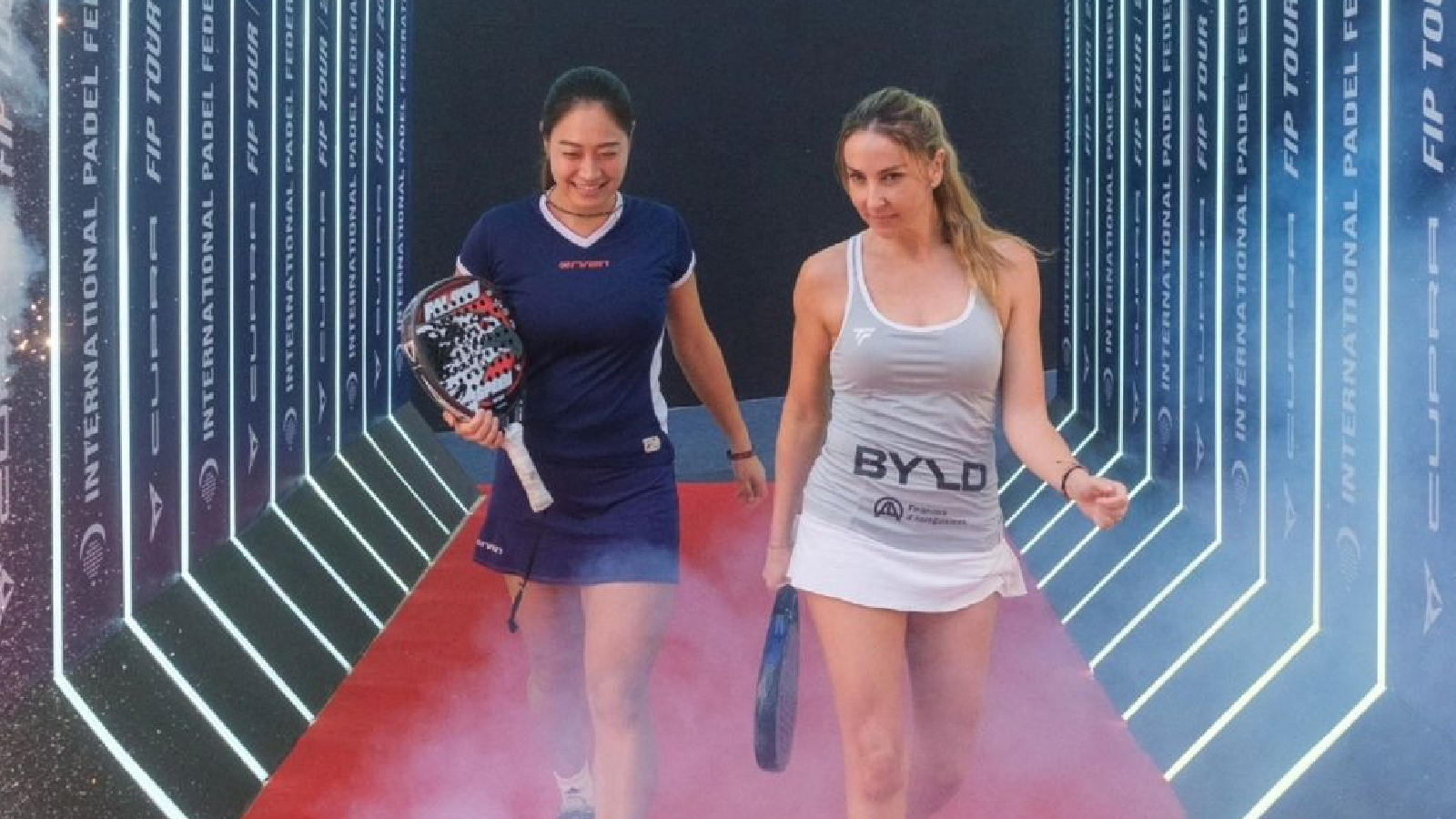In his first two outings for India A in Australia, Dhruv Jurel batted as though he had batted in these climes before. The bouncy deck was a friend; the cuts, hooks and back-foot punches were his warm allies; the tricks the Kookaburra ball played seemed benign. In a pile of miserable scores — none on either side scored as many runs as him, and it included a couple of Test discards and aspirants — his qualities stood out.
Australia could be a hostile country to tour at the start of your career. Rahul Dravid and Cheteshwar Pujara struggled in their maiden trip; Joe Root, numerically the greatest batsmen of this era, has yet to cross three-figures in the ‘Sunburnt Country’. So Jurel’s two knocks — 80 and 68 — have not only spurred excitement but come as a relief for a form-torn, injury-ravaged batting group, still picking up pieces after the shellacking at the hands of New Zealand. Rohit Sharma would miss the first Test, Shubman Gill is injured, Virat Kohli and KL Rahul have been out of runs. Into the messed mix, arrives Jurel, his first-eleven spot almost guaranteed.
It’s how Jurel burst forth into the Test team too. As though he had existed in the team for ages, as though the junctures of crisis he strode into were pre-programmed in his mind. He batted with the knowhow of a veteran, as though he already had a thousand runs in his ledger. He showed neither excitement or nervousness. In the commentary box, Nasser Hussain raved about his coolness, Mike Atherton purred about his discretion, from his drawing room in Bandra, Sachin Tendulkar praised the precision of his foot-work and VVS Laxman extolled his unbending will to succeed.
Will is how his canvas assumed broader outlines. He underwent plastic surgery when his left leg was trapped under a bus tyre at the age of five. For much of his teenage years, he competed in school tournaments secretly, away from his war veteran father’s prying eyes. He almost got caught out when his father chanced on a newspaper column. “He was reading the newspaper. And he suddenly told me: ‘There is a cricketer that goes by the same name as you, and he has scored these many runs.’ I got scared and did not know how to tell him this cricketer was me,” Jurel recounted to this paper.
Later, his father took out a loan to buy him a Rs 2,000 bat and his mother pawned her only gold necklace to buy a kit. When he was 13, he travelled alone from Agra to Noida so that he could train at an academy. His coach Phool Chand had talked about aching shoulders and elbows that bowling endlessly to Jurel caused. At the Rajasthan Royals Academy, he used to bat 140 overs in a day when preparing for the England series.
Decisive movements
The technique, thus, sculpted to survive the vagaries of conditions. It’s not the most classical Dravid-like one, but one that could maximise his virtues. He has an economical trigger movement — a half front-foot press and a small back-foot shuffle. The compactness is reminiscent of Ajinkya Rahane at his peak. Once he judges the ball, he devises the response and moves accordingly. The movements are swift and decisive, he doesn’t get stuck in half-prods. He looks comfortable on both feet, though he prefers to hang onto the back-foot for that extra second to author his strokes.
Understandably, he has a vast range of back-foot strokes. He upper-cut a 91 mph bouncer from Mark Wood for his first boundary in Tests. The felicity in dealing with bounce is a precious gift in Australia. He can get under the bounce, as he showed when he upper cut a Michael Neser ball over slips, in the first innings of the tour game. The shot tells a lot about him. The ball didn’t bounce as much as he had anticipated, but he kept his eyes on it, paused his shot, bent low and placed the ball over the keeper. The flexibility of mind and technique would be valuable virtues in forging a long and fruitful career.
With as much dexterity, he gets on top of the bounce. He penned a few gorgeous back-foot punches, one in front of the square, and one behind point during his 80. A straight drive on the rise was a treat for the eyes too. It was just a push, as the ball seamed into him, with minimal flourish. His strokes are crisps rather than extravagant. No frills, just plain and pragmatic batting.

An unflappable temperament illuminates his will and technique. In Rajkot, the series against England in balance, the score was 237/4 when he walked out. His 46 propelled the team to 445. In Ranchi, his 90 came when India were 161/5 and soon 177/7. He ferried them to 307, demonstrating his gifts to guide the lower-order batsmen, despite his inexperience. In the second outing, his unbeaten 39 allayed a collapse in pursuit of a tricky 192. Former coach Shastri showered him with bouquets. “What impressed me most was his temperament, his calmness when the chips were down and the tightness he brought to his game — especially under pressure,” he told the ICC.
“Under pressure, you can see a lot of players struggling. You can see them being fidgety. You can see them being all over the shop. You can see those nerves coming through. But in this guy’s case, his temperament stood out. I like what I saw… I think he can easily play as a (specialist) batter,” he added.
His domestic coach Sunil Joshi once detailed his work ethics to this masthead. “He is somebody who always wants to learn, always wanting to improve his game, always seeking perfection. He is obsessed with the game, but not in an unhealthy way. You give half a chance, he will make it count,” he said.
The return of Rishabh Pant meant he missed the next six Tests. But he didn’t sulk or crib. Rather, he was conspicuous in every practice session. He even turned up, one of the only two players, for an optional nets three days before the Mumbai Test against New Zealand. Midway through the session, he got hit on his helmet, the doctor and support staff advised to rest, but he resumed what turned out to be a three-hour stint in the sweltering Mumbai sun. Beneath his pleasant exterior thus is a steely mind, the sort of texture you require to thrive in the rigorous climes Down Under.
I’m Manas Ranjan Sahoo: Founder of “Webtirety Software”. I’m a Full-time Software Professional and an aspiring entrepreneur, dedicated to growing this platform as large as possible. I love to Write Blogs on Software, Mobile applications, Web Technology, eCommerce, SEO, and about My experience with Life.






